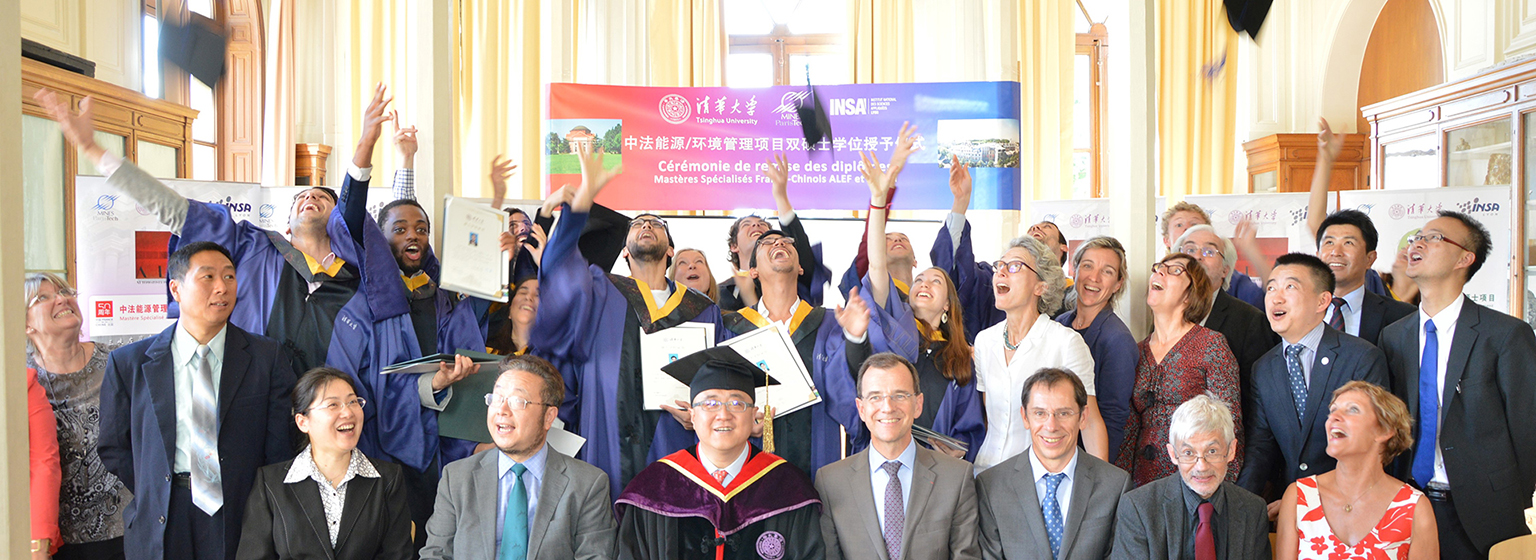課程編號:80050322
課程名稱:水環(huán)境污染控制工程與管理案例分析
課程學(xué)時:32
課程學(xué)分:2
授課語言:中文
課程簡介:本課程針對研究生培養(yǎng)實際需求,選取水環(huán)境污染控制工程與管理學(xué)科領(lǐng)域的經(jīng)典案例和最新進展進行課堂講授,同時面向當(dāng)前國家水環(huán)境保護重大戰(zhàn)略需求和實際應(yīng)用,設(shè)計典型案例設(shè)計與分析任務(wù),由學(xué)生分組課外自學(xué)完成并組織課堂集中討論和集中答辯,將進一步完善學(xué)生知識體系結(jié)構(gòu),培養(yǎng)和鍛煉學(xué)生的應(yīng)用型技能,為其今后從事水環(huán)境控制工程與管理等領(lǐng)域工作打下良好基礎(chǔ)。教學(xué)目標:本課程從實際工程與管理應(yīng)用角度出發(fā),同時結(jié)合科研、政府、企業(yè)和業(yè)主四個層面,達到以下五個目的:1)了解我國環(huán)境保護現(xiàn)狀,宏觀掌握環(huán)境行業(yè)發(fā)展趨勢2)解決實際工程設(shè)計中存在的難點問題,如工藝與技術(shù)路線選擇等3) 獨立完成科研選題以及撰寫項目建議書和申請報告4)從管理者角度對國家關(guān)于環(huán)境污染方面出臺的技術(shù)政策和標準進行問題研討,并提出相應(yīng)建議5)為企業(yè)發(fā)展提供咨詢,主要涉及到工藝選擇、技術(shù)創(chuàng)新以及商業(yè)模式。
This course is designed to meet the practical needs of postgraduate training, with classical cases and the latest developments in the field of water environment pollution control engineering and management being taught in the classroom, while typical case design and analysis tasks are designed for the current major strategic needs and practical applications of water environment protection. This course will lay a good foundation for students’ future work in the field of water environment control engineering and management.
This course is designed to enable students from the perspective of practical engineering and management applications, while meeting the needs of scientific research, government, enterprises and owners: 1) to understand the current situation of environmental protection in China and to grasp the development trend of the environmental industry; 2) to solve difficult problems in practical engineering design; 3) to independently complete the selection of scientific research and the writing of project proposals and 4) to examine the technical policies and standards introduced by the state on environmental pollution from the perspective of managers and to make corresponding recommendations; 5) to provide advice on the development of enterprises, mainly in relation to process selection, technological innovation and business models.





